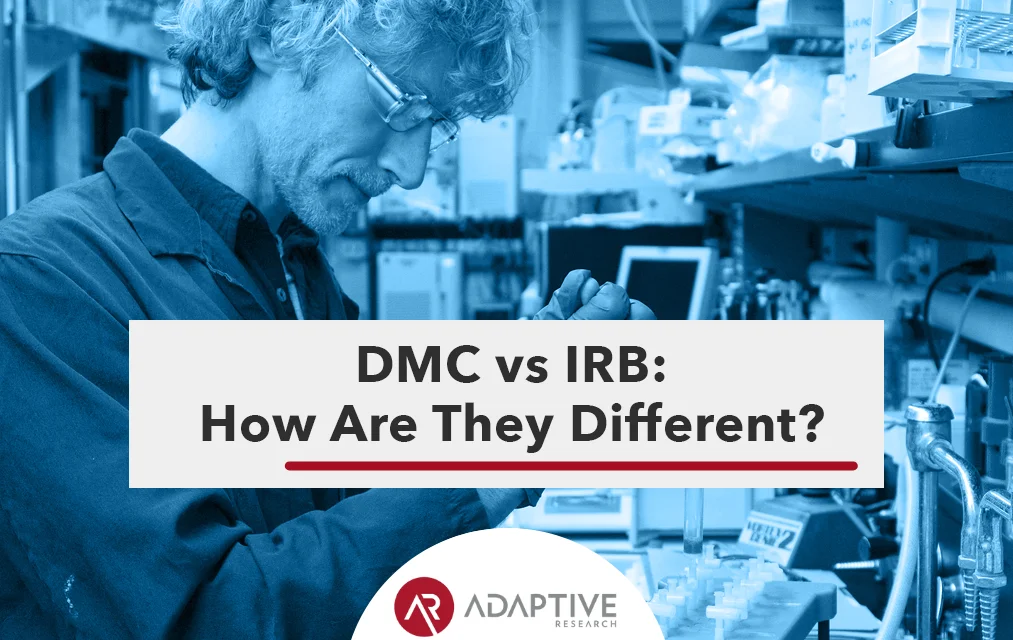DMC vs. IRB: How Are They Different?
There's plenty of work that goes into facilitating clinical trials. From patient consent to oversight of data collection, clinical trials take a diverse set of skills and disciplines. In addition to understanding these areas, an important aspect of a clinical trial's organization is knowing how it is organized and how it impacts the services they offer. Teamwork is a crucial part of creating high-quality data in a clinical trial. This requires effective communication between different teams within the company. But do you know the differences between DMCs and IRBs? The following article provides an overview of these groups, their role in clinical trials, and how they work together to ensure quality data. There's plenty of work that goes into facilitating clinical trials. From patient consent to oversight of data collection, clinical trials take a diverse set of skills and disciplines. In addition to understanding these areas, an important aspect of a clinical trial's organization is knowing how it is organized and how it impacts the services they offer. Teamwork is a crucial part of creating high-quality data in a clinical trial. This requires effective communication between different teams within the company. But do you know the differences between DMCs and IRBs? The following article provides an overview of these groups, their role in clinical trials, and how they work together to ensure quality data. What Are Data Monitoring Committees (DMCs)? A DMC is a group that has been officially approved by either the FDA or its local equivalent to monitoring data produced by a clinical trial. DMCs are cross-institute groups that are composed of patient representatives, statisticians or methodologies, clinical experts, and sponsors to ensure all data was collected correctly. Typically comprised of 5-6 members, DMCs work independently from the study team by verifying the scientific validity of the data…

